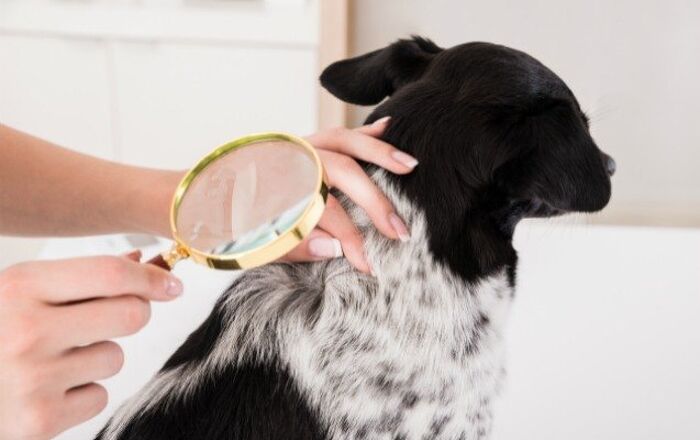
With the costs of veterinary procedures and services only going up, more and more pet parents are looking into pet insurance to help soften the blow on the budget in case of emergencies or unexpected illnesses. But what about coverage for dogs with pre-existing conditions? Can you insure your dog for an illness or health issue that they had before the policy came into effect? Here’s what to know about pre-existing conditions and dog insurance, from what is considered as such to how dog insurance companies check for pre-existing conditions.
Any illness or health issue that has occurred before the set waiting period passes is considered a pre-existing condition. The waiting period is usually up to two weeks for most dog insurances, so if something happens to your pet in that time period, it won’t be included in the coverage. The same goes for conditions that they’ve had for weeks, months, or years prior to being insured, as these won’t be included in the coverage either. Still, it’s important to read your specific policy, as each dog insurance company can have a different definition of a pre-existing condition.
To identify any potential pre-existing condition, dog insurance companies will require your pet’s medical history, including records from your vet, and some might even require a full medical exam to determine your pet’s health status. They will check not only for an official diagnosis but also for symptoms that could be a clear indicator of a developing disease. Needless to say, pre-existing conditions are not something you can hide from a dog insurance company.
It’s also worth noting that pre-existing conditions can be considered curable or chronic, and they are treated differently by dog insurance companies. If your pet had a health issue that is considered to be curable, e.g. ear infection, and it has passed at least 6 to 12 months (depending on the company’s policy) since the symptoms occurred, the condition will be considered cured and will be covered by your pet’s policy. Unfortunately, there usually is no coverage for diseases classified as chronic or uncurable (diabetes, cancer, allergies, arthritis, etc) that have developed prior to your dog being insured.
Pre-existing conditions do not affect the monthly premium costs of dog insurance directly – they are simply excluded from the coverage. Let’s say your pet has asthma: it won’t make their premium higher, but any health issue that arises and is related to their asthma won’t be eligible for reimbursement from the insurance company.
Of course, this means that the sooner you insure your pet, the better deal you’ll get. Insuring a puppy doesn’t just come at a lower premium, but it also ensures that any future conditions will be included in the coverage. If you wait until your pet starts showing symptoms or develops a health issue before considering insurance, you’ll miss the opportunity for the dog insurance company to cover the costs of treatment – which can be quite a lot, especially if the issue is chronic.














